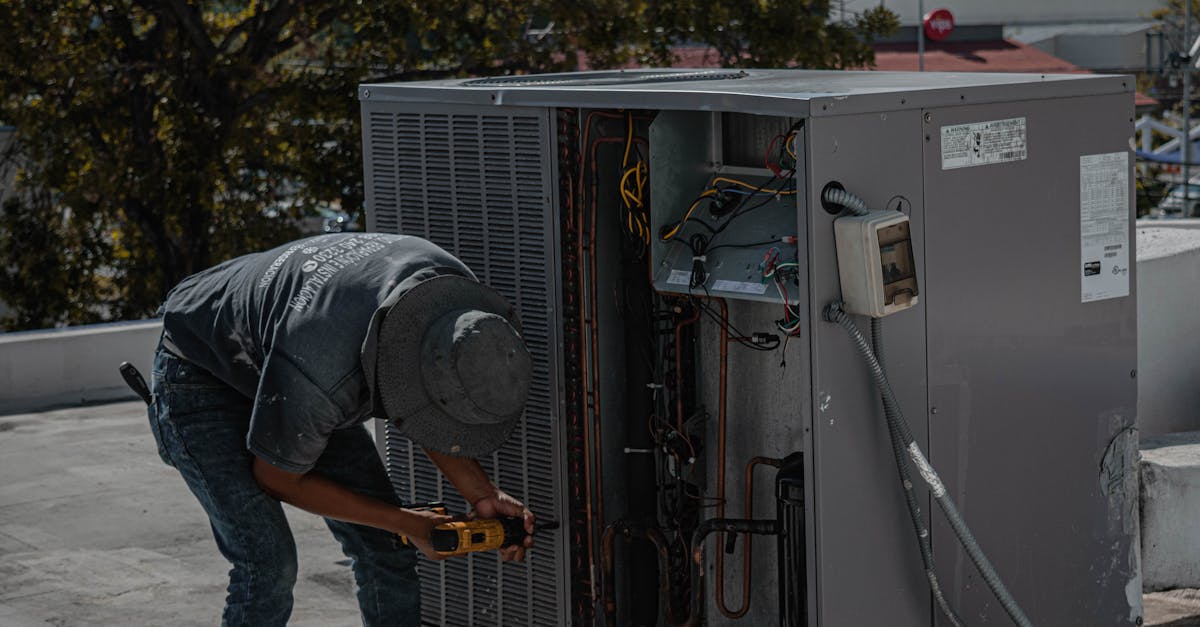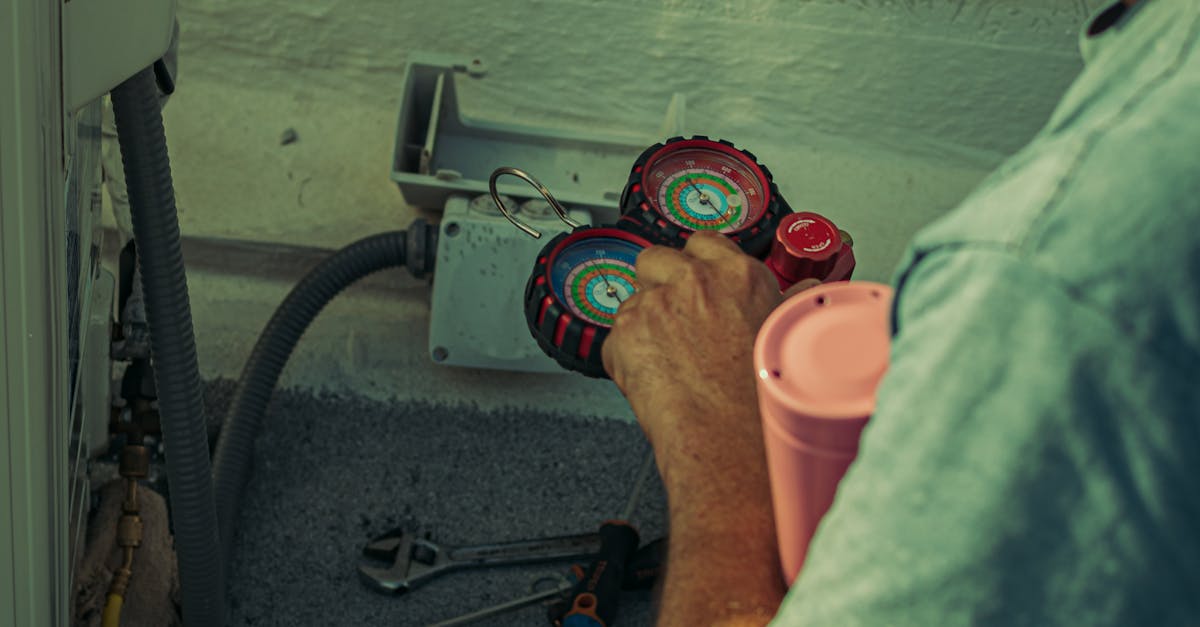
What to Expect During a TuneUp
During a tune-up, mechanics perform a series of checks and services designed to keep a vehicle running at its best. They typically start by inspecting the engine's components, including spark plugs, ignition systems, and filters. Many technicians will clean or replace parts as needed to ensure optimal performance. Additional tasks may involve checking fluid levels, testing the battery and charging system, and examining belts and hoses for wear and tear. These comprehensive inspections are essential for maintaining vehicle efficiency.
Maintenance and tune-ups vary in scope based on the make and model of the vehicle. Technicians may also utilize diagnostic tools to identify any underlying issues that might not be evident through visual inspections. The process is not just about fixing problems but ensuring the vehicle operates smoothly and reliably over time. Regular maintenance helps prevent costly repairs in the future and contributes to overall safety on the road.
Standard Procedures and Inspections
During a typical vehicle tune-up, several standard procedures are conducted to ensure the engine performs optimally. Technicians often start by checking and, if necessary, replacing spark plugs, which play a crucial role in engine ignition. Additionally, they inspect the ignition system, including wires and coils, to identify any signs of wear. Other important assessments include evaluating the air and fuel filters, as well as examining the battery and belts for any potential issues.
Fluid levels are also inspected as part of the Maintenance and Tune-Ups process. Mechanics will check engine oil, coolant, brake fluid, and transmission fluid to confirm they meet the appropriate levels and conditions. If any fluids are low or degraded, they may be replenished or replaced. This comprehensive approach helps in diagnosing potential problems early and in maintaining the overall health of the vehicle. Regular inspections during tune-ups contribute significantly to avoiding more serious repairs down the line.
Signs Your Vehicle Needs a TuneUp
Recognizing the signs that your vehicle needs a tune-up is essential for maintaining its performance. One common indicator is a decrease in fuel efficiency. If you find yourself refueling more often than usual, it may be time to evaluate the state of your vehicle. Additionally, if your engine is making unusual noises or the vehicle is experiencing rough idling, these symptoms can signal that maintenance and tune-ups are overdue.
Another clear sign is the illumination of warning lights on the dashboard. These lights often indicate engine problems or other performance-related issues that require immediate attention. Shaking or stuttering during acceleration can also suggest that your vehicle needs maintenance. Staying alert to these indicators can help ensure your car remains in optimal condition and operates smoothly.
Common Warning Indicators
Drivers should be aware of the common warning indicators that signal a need for maintenance and tune-ups. Unusual noises from the engine, such as knocking or clicking, may suggest issues that require immediate attention. Additionally, warning lights on the dashboard, especially those related to the engine or oil pressure, can indicate underlying problems that shouldn't be ignored.
Changes in vehicle performance may also serve as red flags. A decrease in fuel efficiency often points to the need for maintenance and tune-ups. Symptoms like rough idling, difficulty starting, or stalling can further highlight the importance of prompt servicing to maintain optimal vehicle function.
Benefits of Regular TuneUps
Regular maintenance and tune-ups play a crucial role in ensuring a vehicle's optimal performance. By addressing minor issues before they escalate into major problems, these services can help prevent costly repairs in the future. Quality tune-ups include checking critical components such as spark plugs, filters, and fluids, which collectively contribute to the car's efficiency and reliability. When these parts are regularly inspected and maintained, drivers can experience smoother rides and improved handling.
Additionally, a well-maintained vehicle tends to have better fuel efficiency, leading to savings at the pump. Routine maintenance and tune-ups can also extend the lifespan of the engine and related systems, which is valuable for anyone looking to maximize their investment in a car. Regular servicing creates a stable environment for the vehicle to perform well under various driving conditions, enhancing overall safety and comfort for the occupants.
Enhancing Vehicle Performance and Longevity
Regular maintenance and tune-ups play a crucial role in enhancing vehicle performance. A well-maintained engine runs more smoothly, often resulting in improved fuel efficiency. During a tune-up, key components such as spark plugs, filters, and fluids are checked and replaced when necessary. This attention to detail not only boosts engine performance but also reduces the risk of more significant mechanical issues developing over time.
Additionally, timely tune-ups contribute to a vehicle's longevity. Addressing minor problems before they escalate helps avoid costly repairs and extends the life of essential components. Comprehensive inspections during maintenance and tune-ups identify wear and tear, enabling proactive measures. That focus on prevention ensures that the vehicle remains in optimal condition for years, providing reliability and peace of mind for drivers.
FAQS
What is the average cost of a full tune-up?
The average cost of a full tune-up typically ranges from $100 to $300, depending on the make and model of your vehicle, as well as the services included.
What services are included in a full tune-up?
A full tune-up usually includes inspections and replacements of spark plugs, air filters, fuel filters, and ignition components, along with a general engine check-up and fluid top-offs.
How often should I get a tune-up?
It's generally recommended to get a tune-up every 30,000 to 100,000 miles, but you should also refer to your vehicle's owner manual for specific guidelines.
Can I perform a tune-up myself?
Yes, some basic tune-up tasks like changing spark plugs and filters can be done at home if you have the necessary tools and knowledge. However, it's often best to consult a professional for more complex inspections.
What are the signs that my vehicle needs a tune-up?
Common signs include decreased fuel efficiency, rough idling, difficulty starting, and the illumination of warning lights on your dashboard.
